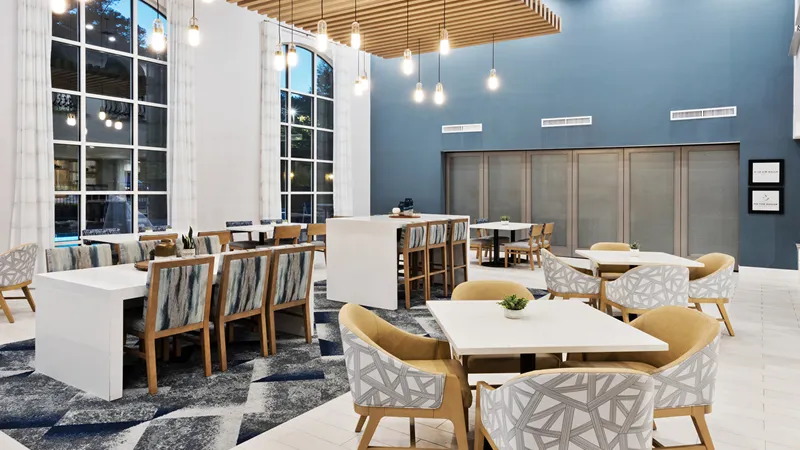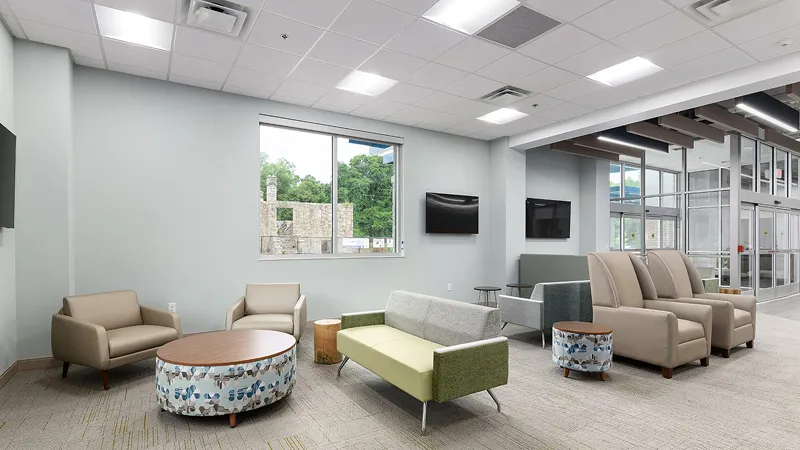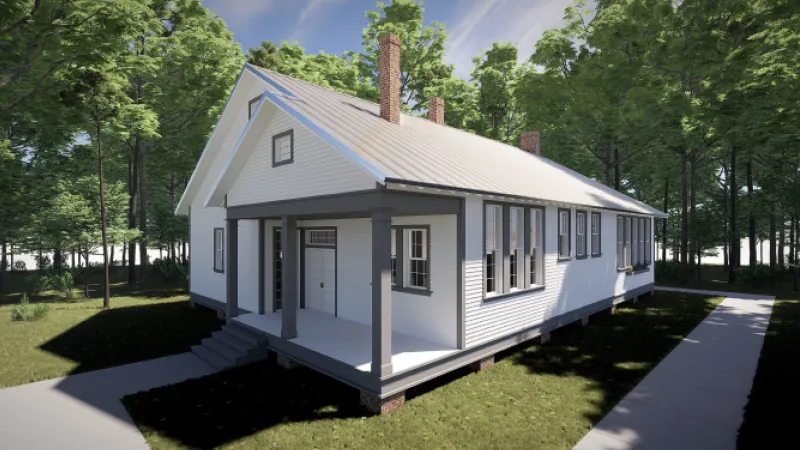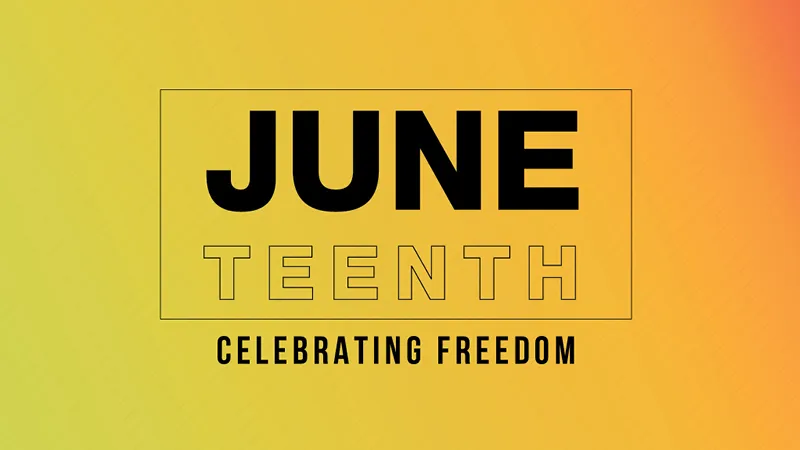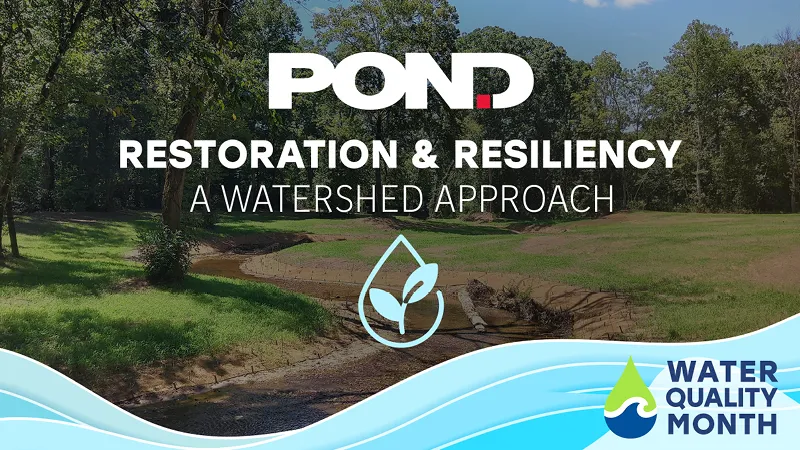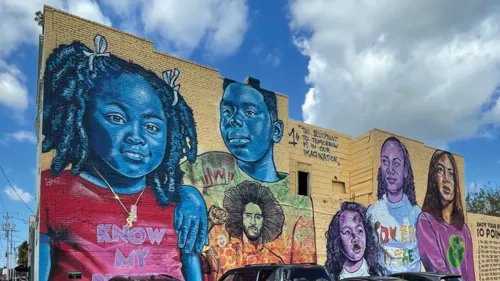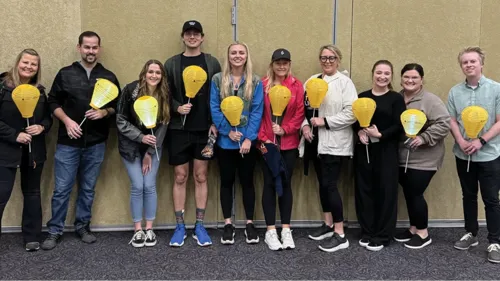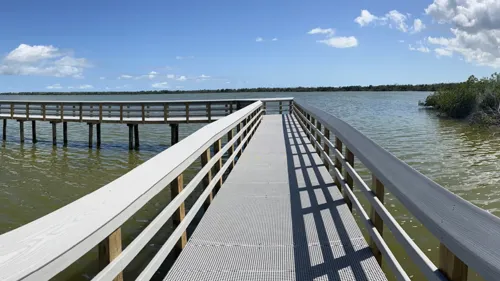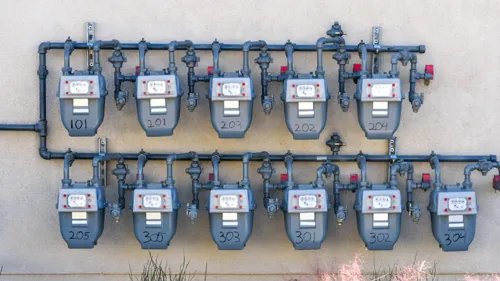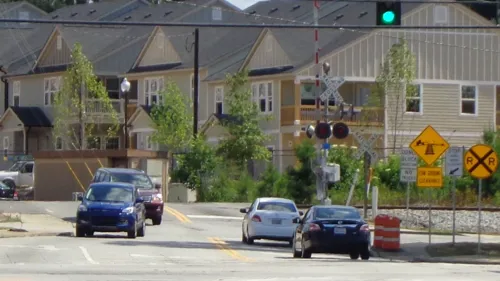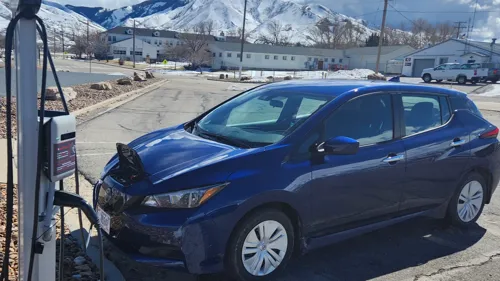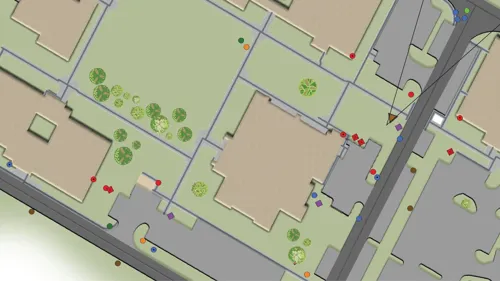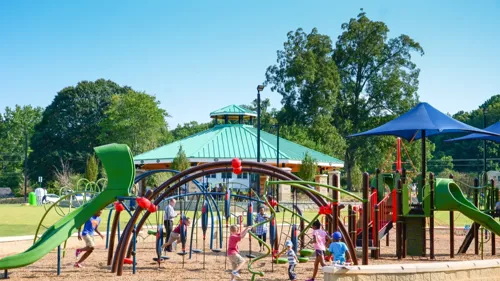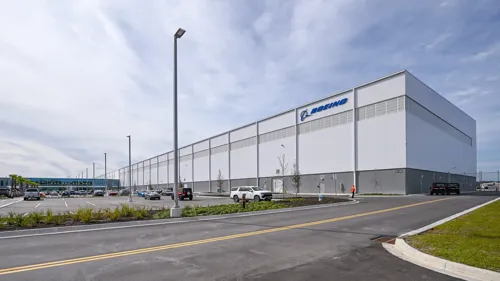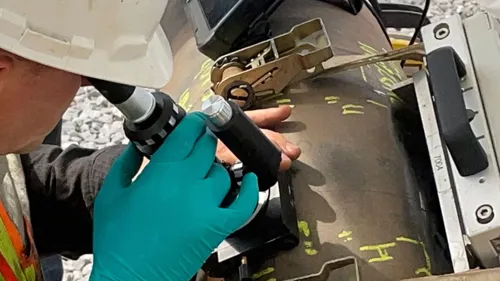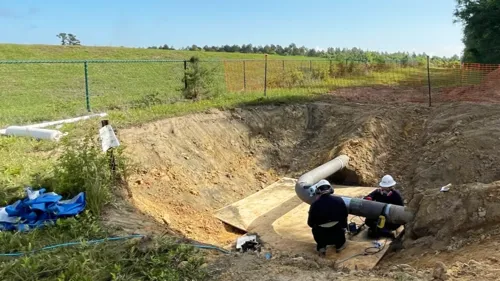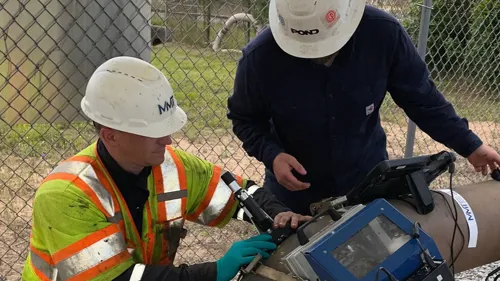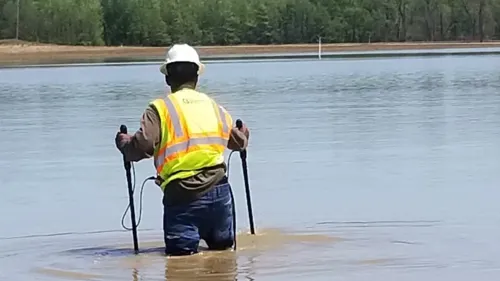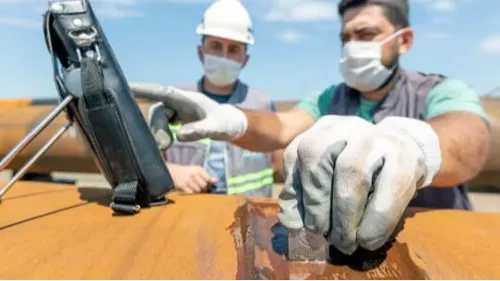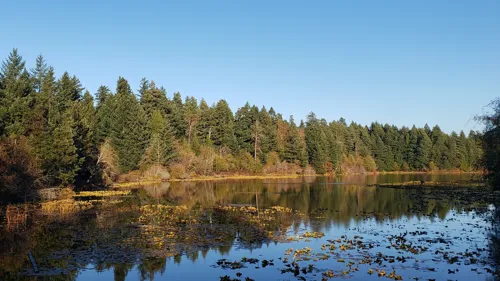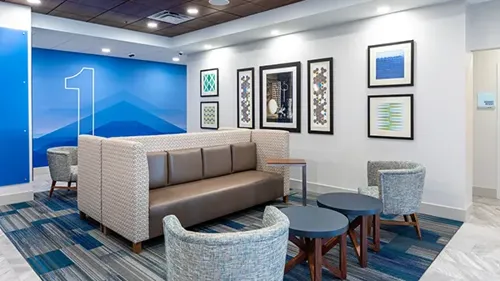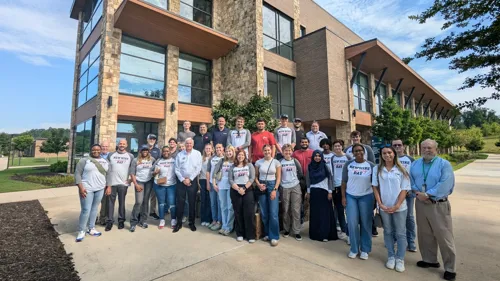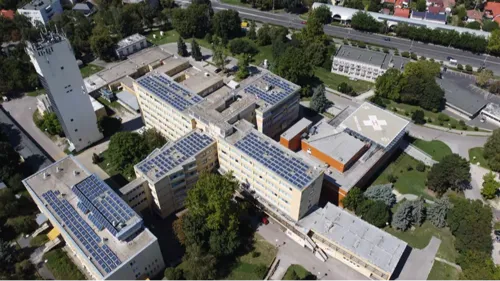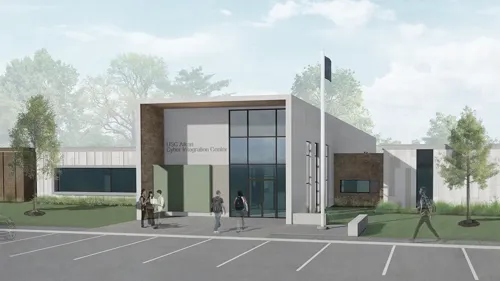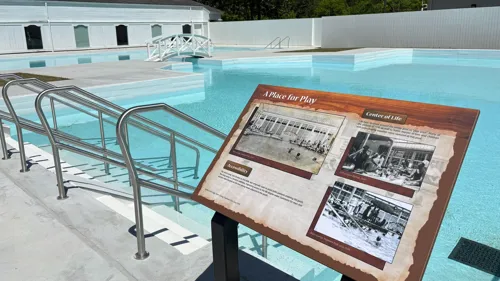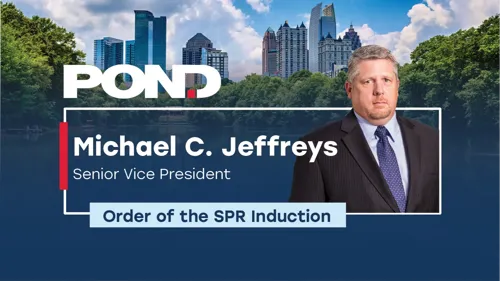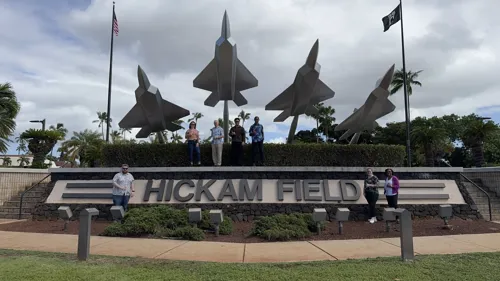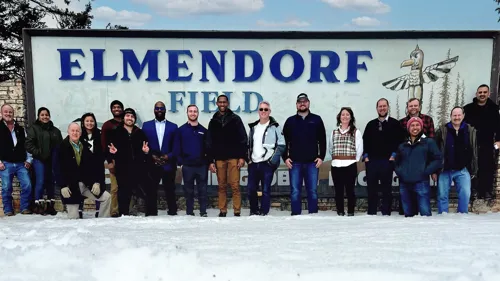Empowering Communities: Integrating Technology and Data-Driven Public Engagement in Urban Planning
Author:
Lilian Al Haddad | Senior Project Manager, PLACE (Planning, Landscape Architecture, Civil Engineering) [email protected]

Community engagement is at the heart of all community planning. No one knows more about our cities, their mobility and infrastructure challenges, and their everyday needs more than the people who live and visit them.
At Pond, we continuously adapt and innovate our engagement methods to effectively involve the communities we serve. Our approaches and tools are inclusive, data-driven, and technologically advanced. Recently, we experimented with multiple tools and their application on our projects for the benefit of our communities. These include:
- Digital Engagement Platforms: Specialized digital platforms and apps to facilitate public engagement. These platforms provide interactive maps, surveys, and discussion forums to gather input from residents and stakeholders.
- Augmented Reality (AR) and Virtual Reality (VR): Pond has developed an in-house VR tool that allows stakeholders to experience projects in an immersive 3D environment to better understand each component and provide feedback.
- Real-time Data: Utilizing the latest technology and data from mobile phones, we collect real-time data on pedestrian mobility, transportation, air quality, noise levels, and more. This data can be used for informed decision-making and public engagement.
- Collaborative Design Workshops: Organizing design charrettes and workshops that encourage residents, urban planners, and architects to collaborate on design concepts for public spaces, city centers, and residential neighborhoods.
- Hybrid Engagement Models: Combining physical meetings with virtual elements to accommodate both in-person and remote participants and offering a variety of engagement methods, including online and in-person options, to reach a broader audience and address varying preferences.
Case Study: Tara Boulevard Livable Centers Initiative (LCI), Atlanta, GA
An example of a current project with a significant public engagement component is the Tara Boulevard LCI project for Clayton County. When the initial proposal was made to revitalize the Tara Boulevard corridor in South Atlanta, Pond’s planning team, in collaboration with the consulting firm Hummingbird, which specializes in community engagement, created a strategic framework that centered around feedback from residents.
The goal of the LCI is to build consensus among the Riverdale, Jonesboro, and Lovejoy communities to enhance the transit corridor by looking at mobility, development, and placemaking.
The LCI process incorporates public engagement using multiple tools including a project website, an online interactive map using GIS layers, stakeholder interviews, small group listening sessions, public open houses, public design workshops that utilize data analytics and latest technologies, city council meetings, and a project advisory group. Here is a bit more detail about each tool:
Online Interactive Map
This online map was built into the project website that Pond and Hummingbird designed specifically for the project. It allows users to learn more about the project and the process, explore, visualize, interact with the project components, and provide input on favorite spots, areas that need improvement, development opportunities, or general comments. Over a period of two months, the map received more than 50 responses ranging from aesthetic improvements to traffic concerns to everyday needs.
One respondent noted, “We are minutes from the largest international airport in the country yet have hardly anything of quality to offer for anybody to eat, stay, play, or live here. An overall beautification and upkeep of “the grounds” (landscaping, litter control, etc.) is much needed.”
This hits at the core of what the project is planning to address over the next few months. Transforming Tara Boulevard into a vibrant, cohesive corridor that provides safe connections for all users, attracts development and a thriving mix of land uses, and activates happy places, promoting pride in residents while creating impact at a regional scale.
Stakeholder Interviews
To ensure that a broad range of perspectives could be considered, Pond and Hummingbird conducted multiple stakeholder interviews. These sessions provided a platform for in-depth, personalized conversations on targeted topics with a diverse set of participants. Each interview was used to promote collaboration, build trust, and generate comprehensive feedback, making it a valuable tool for community engagement in LCI planning. Online and in-person options were given to the participants to increase engagement and be as inclusive as possible.
Small Group Listening Sessions
The structure for small group listening sessions provides a smaller, more intimate setting for community members to provide feedback on specific elements of the LCI. These sessions were particularly impactful because they led to more in-depth conversations about the current issues and aspirations in specific areas along the boulevard, while also fostering a sense of ownership and ensuring the LCI aligns with the community’s vision and aspirations.
Public Open Houses
Three public open houses were held in each of Tara Boulevard’s three nodes – Riverdale, Jonesboro, and Lovejoy. The primary objective was to provide a comprehensive overview of the planning process, goals, and initial findings related to the LCI. Key information included insights into the community’s vision for (re)development, transportation concerns, and placemaking aspirations. The engagement activities involved surveys, interactive activities, and a long rollout map for attendees to pinpoint focus areas and provide feedback.
Project Advisory Group
The Project Advisory Group (PAG) includes stakeholders from the community who play a vital role in shaping the LCI. So far, Pond has held two PAG meetings with two additional meetings scheduled over the next few months. These meetings target key milestones of the project and allow participants to discuss their insights on transportation, the corridor’s strengths and weaknesses, the LCI Plan’s significance, and public engagement strategies. These interactions provide an opportunity for feedback, questions, and collaborative guidance.
Lessons Learned
The Tara Boulevard LCI process demonstrates how public engagement can serve as a foundation for community planning, not only as a design approach for the project itself, but also as a means of inclusivity, collaboration, and community involvement. Through an array of approaches, the initiative is centered around the insights and aspirations of the Riverdale, Jonesboro, and Lovejoy communities to develop a plan that addresses their needs.
Pond has learned that utilizing flexible and interactive in-person and digital engagement methods in combination with a technology-based strategy incorporating a variety of tools is crucial for successful community engagement. These methods and tools allow us to cater to diverse community needs, equity in preferences, and inclusive accessibility requirements. The inclusion of technology, like GIS, virtual modeling, and data analytics, not only improves the accuracy and efficiency of the planning processes but also enables stakeholders to experience projects in real time. It also makes it easier to collect and incorporate feedback, helping achieve the objective of making projects more sustainable, inclusive, and resilient. Learn more about Pond's full-suite of planning capabilities.


